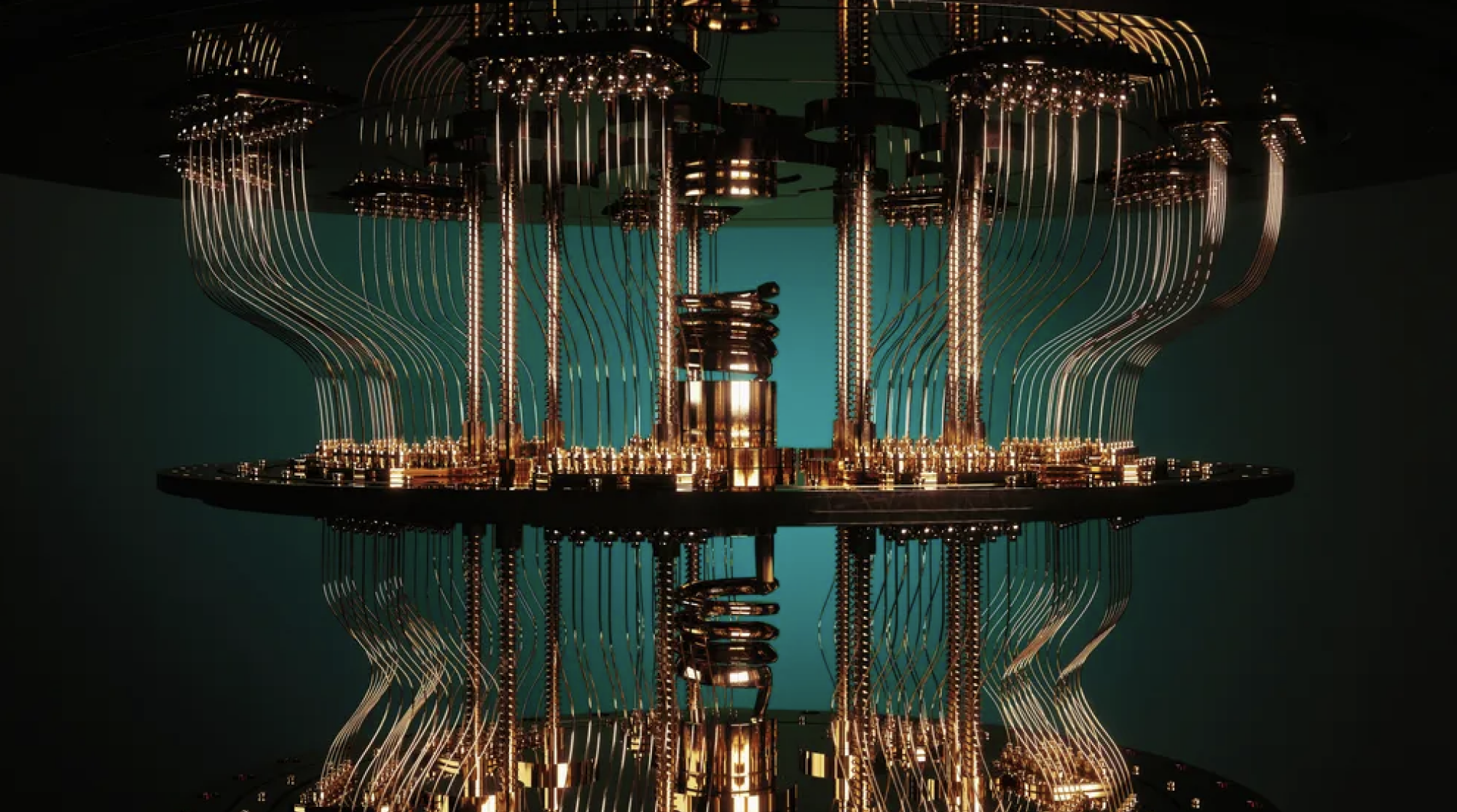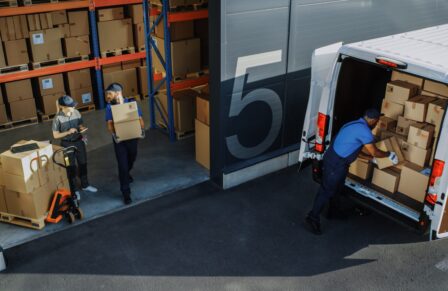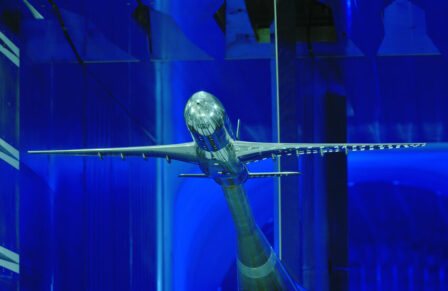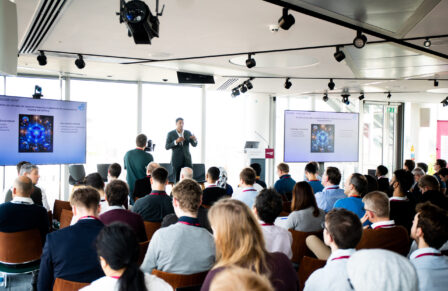Should the energy, utilities, transport and logistics sectors be exploring quantum technologies?
Posted 25 May 2023
Quantum mechanics began to be understood over a century ago and has since enabled technologies like computer chips, LEDs and lasers. Now, a second quantum revolution is based on manipulating the quantum state of individual atoms and photons. Disruptive quantum technologies including quantum computing, quantum sensing and quantum communications bring new opportunities and challenges. It is important for organisations in the energy, utilities, transport and logistics sectors to understand which quantum technologies are relevant today, what the future looks like, and to start to plan their quantum journey. A great way to get started is to join Digital Catapult’s Quantum Technology Access programme.
This blog explores why quantum computing, quantum sensing and quantum-safe encryption are relevant for the energy, utilities, transport and logistics sectors.
Quantum computing – hype or opportunity?
There has been a lot of coverage of quantum computing recently, and users may be left wondering whether quantum computing provides business opportunities, or is simply marketing hype.
Qubits differ from classical bits
Quantum computing differs fundamentally from classical computing used in laptops and smartphones. Qubits, the quantum equivalent of classical bits, can be in quantum “superposition” states of both “0” and “1” simultaneously. Parallel processing over many qubits in superposition can give quantum computers huge benefits over classical computers.
The NISQ era
In the current Noisy Intermediate Scale Quantum (NISQ) era of quantum computing, devices are small, have limited connectivity, and qubits are error prone. In the future physical qubits will be grouped into logical qubits, and quantum error correcting codes will detect and correct errors in the physical qubits before the logical qubit is corrupted, providing fault tolerance.
The future of quantum computing
Shor’s factoring and Grover’s search algorithms will require universal, fault tolerant quantum computers with thousands of logical qubits and millions of physical qubits. Even though there are a wide range of different quantum technologies, and the number and reliability of qubits continues to increase, such fault tolerant devices may be at least a decade away.
The search is on for algorithms that can be run with NISQ era hardware. Most near term algorithms are either hybrid, variational algorithms, where a classical computer optimises a quantum device, or use quantum annealing devices. Another promising area of research is error mitigation, which may enable NISQ devices to run some algorithms much sooner than previously expected.
Quantum optimisation algorithms are good candidates for early quantum devices with sector specific use cases including:
- Vehicle routing optimisation
- Traffic flow optimisation
- Supply chain optimisation, at a global, work unit, or factory level
Quantum machine learning (QML) algorithms to detect anomalies are another good candidate for early adoption, with use cases include detection of network faults, or devices requiring preventative maintenance. Since anomalies are usually rare, the QML algorithm may not need much data to be loaded.
Quantum sensing
Quantum sensors transform the exquisite sensitivity of qubits from a bug to a feature. Gravitational quantum sensors can detect buried objects, like pipes and cables, and will prevent delays and damage during maintenance work, and are being miniaturised for commercial deployment. There have also been commercial trials of quantum sensors that can detect minute amounts of methane, useful for the energy industry.
Quantum communications
Shor’s factoring algorithm has the potential to crack encrypted messages. Although cryptographically significant quantum devices are in the future, it will take a long time to change legacy encryption and standards are already being introduced to mandate quantum safe encryption. Organisations in the energy, utilities, transport and logistics sectors, where encryption is important, need to have a strategy to make the transition to quantum safe encryption. Quantum key distribution guarantees, by the law of quantum mechanics, that snoopers can be detected, and is relevant for particularly sensitive messages.
Starting your quantum journey – our technology access programme
You may be wondering how to start the journey to make your organisation quantum ready. Digital Catapult is running a user-led technology access programme with partners including ORCA computing, Riverlane, BT and Kets. Companies will gain a competitive advantage by understanding the future benefits and applications of secure quantum computing for their industry, upskilling their employees and encouraging innovation. Specific benefits for this free programme, which starts in September 2023, include:
- Participation in a structured programme with tailored support
- Training by world class suppliers
- Access to quantum computing experts
- A chance to explore use cases of quantum computing relevant to end-user’s organisations
- Access to quantum software, the ORCA PT-1 photonics quantum computer and quantum computing simulation tools
- An opportunity to join a quantum ecosystem of suppliers and end users
Contact us at [email protected] to express an interest in joining the programme.
To conclude
Quantum technologies will disrupt the energy, utilities, transport and logistics sectors. It is important to understand these technologies, and have a strategy in place to realise their benefits, and guard against their risks. Why not get started today by applying to our quantum technology access programme?













